Laser
Laser Hair Removal
Do you get frustrated with unwanted hair that comes back time and time again? If so, consider laser hair removal at our Bolton clinic. Laser treatment is painless and helps to destroy hair follicles throughout the body, delivering permanent fuzz-free results.
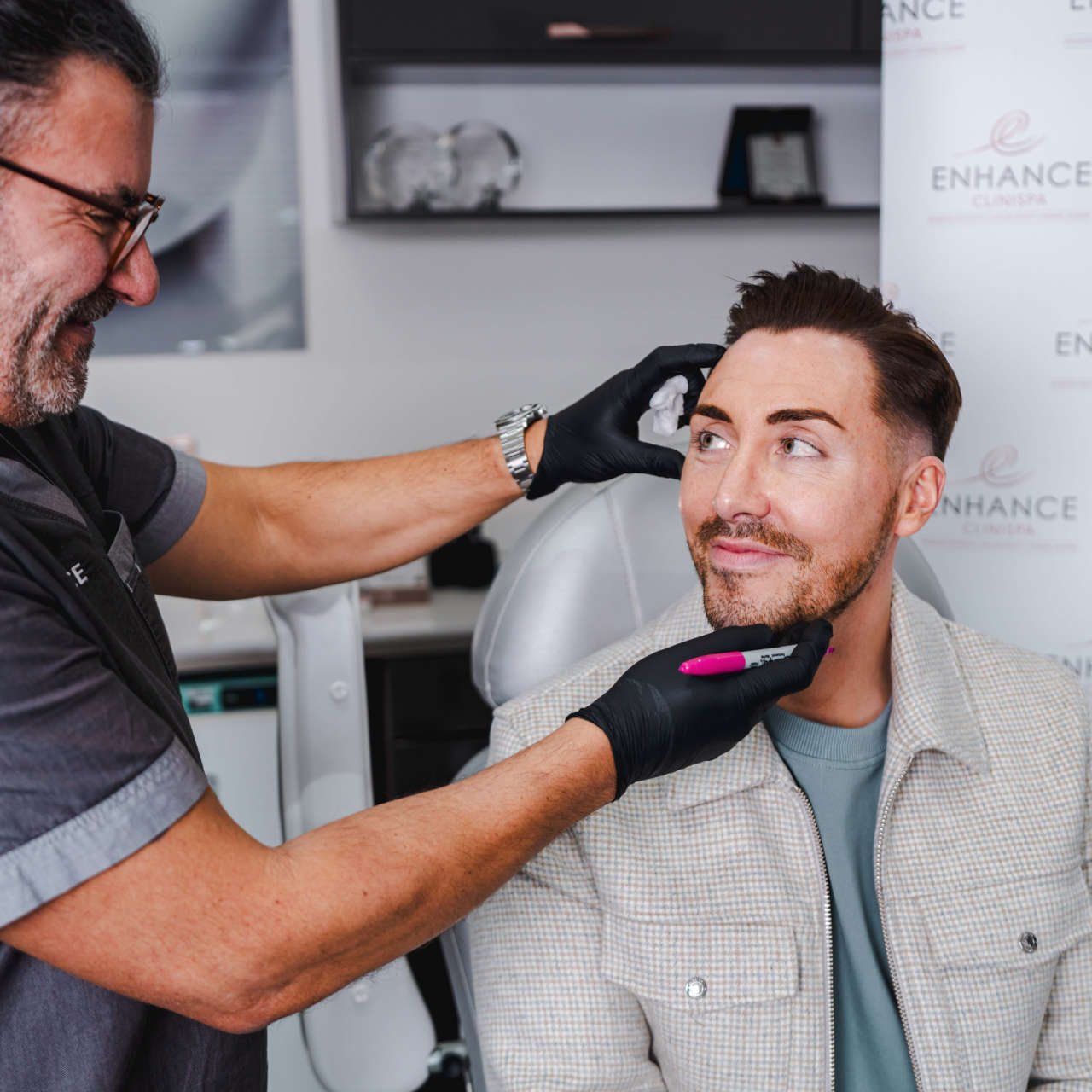
Treatment snapshot
Number of Treatments
6 - 8
Recovery time
None
Final results
Up to 3 months
Procedure time
Area dependant 10 - 60 minutes
Anaesthetic
None
Duration of results
Permanent
Discomfort level
None
Cost from
£35
Treatment snapshot
Number of Treatments
1
Recovery time
1 - 2 hours
Final results
2 weeks after check up
Procedure time
30 - 60 minutes
Anaesthetic
Numbing cream/nerve block
Duration of results
6 - 18 months
Discomfort level
Minimal
Cost from
£300
What is Laser Hair Removal?
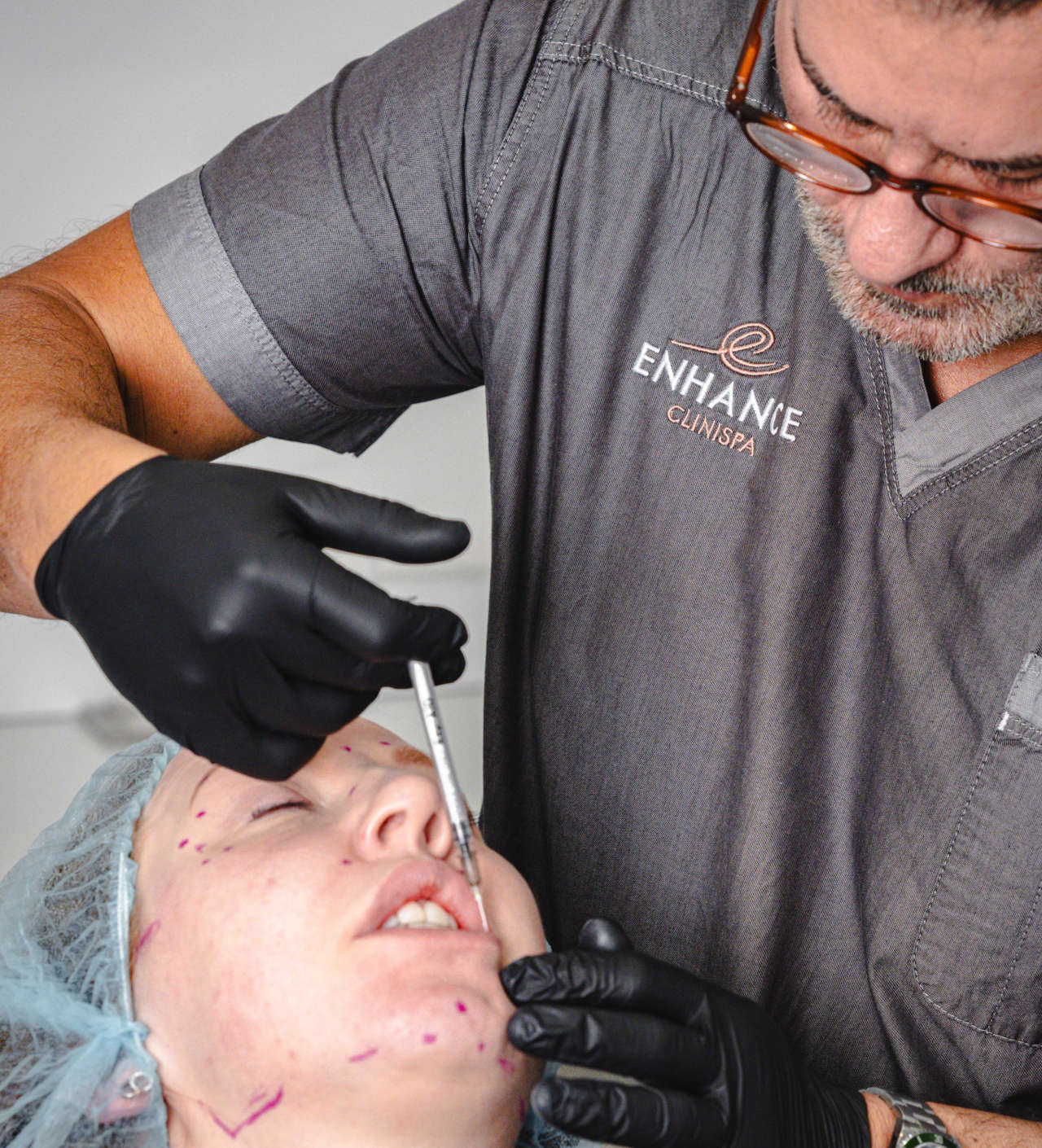
What's our process?
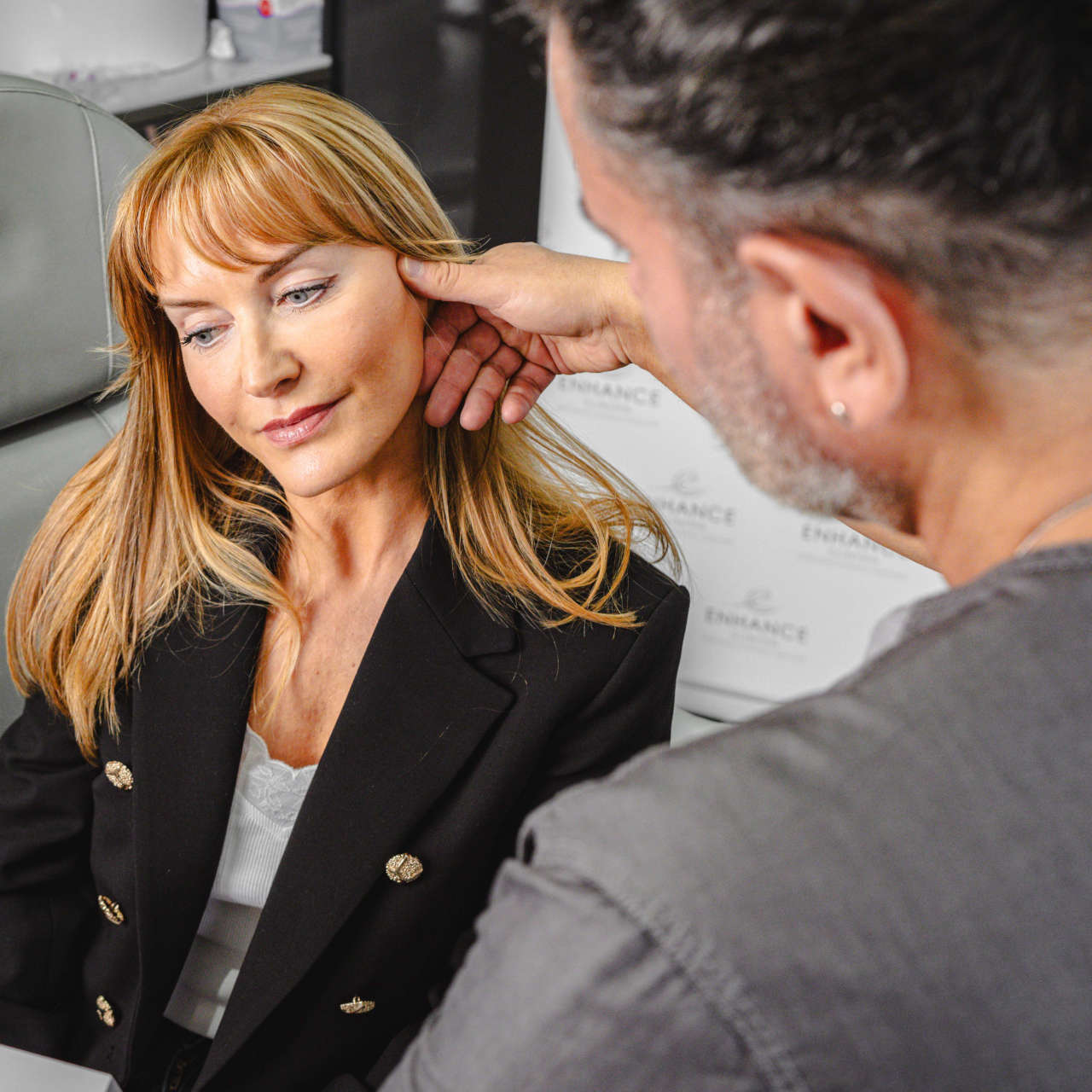
Before Treatment
- The first step is finding a professional clinic specialising in laser hair removal. Our practitioners are experts with decades of experience, and we use only the best state-of-the-art equipment.
- Before starting your laser journey, you must book a consultation with the clinic. This consultation will ensure the treatment is right for you and allow you to ask any questions you have.
- During the consultation, the practitioner should review your medical history, discuss the risks and benefits of treatment, and let you know how best to prepare. They should spot any signs that treatment would not be suitable for you or if there are any particular health complications.
- You will be advised what medications to avoid, such as blood-thinning medications.
- From four weeks before treatments, you should avoid other hair removal methods like waxing and plucking. You must apply sunscreen and avoid direct sunlight.
- You should shave the area of the skin the day before your first session.

During Treatment
- On the day of your laser hair removal treatment, the practitioner will clean the area and may apply a cooling gel or topical anaesthetic. Our skin clinic uses a laser with built-in blue diamond and air compressor cooling, ensuring minimal discomfort.
- You will wear specially designed safety Goggles to protect your eyes from the laser.
- The practitioner will press a handheld device against your skin and activate the laser. The laser emits a light that creates heat energy targeting the hair follicles, preventing or delaying further hair growth in this area. This will be repeated several times, and sessions may last anywhere from 15 minutes to over an hour.
- During treatment, you might feel a minor discomfort like a brief stinging or pinprick sensation. Laser treatment is often described as feeling a rubber band snapping against your skin. While there might be a slight discomfort, the procedure is generally not a painful experience.
- Once completed, your immediate results will be assessed, and anti-inflammatory cream or ice packs will be applied if necessary.
- You will need multiple sessions across several weeks, depending on the treated area.

After Treatment
- Following laser hair removal, your skin may appear red, and a raised rash can develop. These side effects are generally minor and last a few days. There is no downtime, and you can usually return to normal activities except sunbathing or tanning.
- The practitioner will offer aftercare steps, which may involve cooling the skin with an ice pack.
- You should apply sunscreen and avoid direct sunlight until you have finished your course of treatment and the area has fully healed, even in poor weather conditions.
- You can always ask us for advice if you have any problems or concerns after treatment.
How has this helped out patients?
Our Results
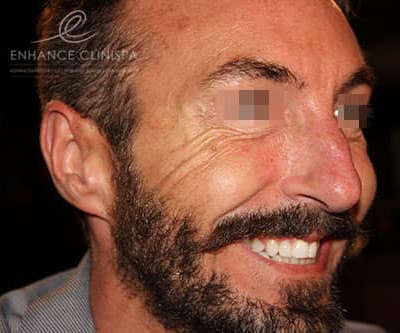
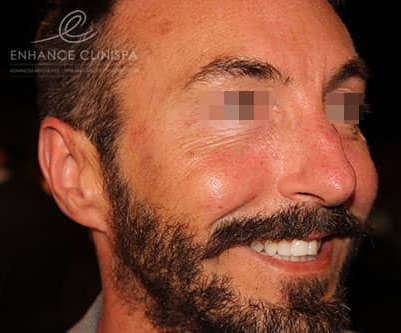


FAQs
What areas can be treated?
This treatment an work on any area you wish, including the bikini, lip, chin and underarm.
Are people with thick, coarse and dark hair the best candidates?
Do you have dark hair and are frustrated with your hair’s regrowth and removal process? Then laser hair removal may be the ideal process for you! However, it’s worthwhile knowing that thick and darker hair can take longer to achieve results.
How do I know what skin type I am?
For the best and most accurate treatment, we use a Phototype Detection Device at each session, helping us obtain top-level results.
Will the device work on my skin type?
Our device is suitable for all skin types. The device can be used on tanned skin and is easier to fit in sessions during summer. Don’t hesitate to get in touch if you have any concerns about your suitability.
Can I have treatment while on medication?
Laser hair removal treatment is not recommended if you are on a particular medication. For example, if you are on any photosensitive medicines, you must stop taking them at least one week before the procedure. Several antibiotics can be photosensitive, so you may need to reschedule if you are being treated for an infection. Contact us or your local GP if you are unsure whether any medication you take will affect your treatment.
Can I continue with my usual skincare routine?
You can continue with your skincare routine depending on what products you use. Products containing actives like retinoids and alfa hydroxyl acids are best avoided. Ingredients such as these can increase your skin’s cell turnover, making it more vulnerable to the sun and irritation while it heals.
How long until I see results?
You can usually expect to see results after 6-8 sessions. However, the number of sessions can vary. The results will depend on your hair’s active growth rate. As different body parts have different growth rates, the treatment duration varies.
Is laser hair removal painful?
Our Manchester and Bolton clinic’s device has built-in blue diamond and air compressor cooling. This powerful, steady cooling system provides a pleasant and safe feeling throughout the treatment’s duration, ensuring utmost effectiveness.
What do I need to do before my appointment?
Before you begin treatment, we ask that you shave the targeted so that the laser can penetrate the root of the hair. This measure helps us avoid targeting hairs on the skin’s surface and ensures the most effective treatment results.
What about other hair removal treatments?
Your hair’s root must be intact for the laser device to destroy the hair follicle effectively. Therefore, you should avoid waxing, tweezing or bleaching the hair for one month before the treatment session.
Do I need to do anything after my treatment?
After each session, please avoid exposing your skin to the sun. We also advise that you stay away from sunbeds. We highly recommend applying suitable sunscreen if you go out into the sun. Between sessions, hair grown should be shaved off instead of waxed or threaded.
What is the cost of laser hair removal?
The price per session can vary depending on the treated area. Permanent removal requires multiple sessions, so we offer a course price with a reduction of 10-15% compared to paying for individual sessions. Laser hair removal can be seen as a long-term investment by keeping your skin hair-free for life and saving much-needed time.
Is laser hair removal just for women?
It’s a common misconception that laser hair removal treatment is only for women. We believe in challenging gender norms and are happy to welcome people of all genders and backgrounds at our skin clinic. Women are more likely to use this treatment for areas like the legs, underarms and face, while men often use it to remove hair on the back, chest and shoulders. Ultimately, laser hair removal is recommended for anyone seeking to eliminate unwanted hair in any part of the body, regardless of gender.
Can I have treatment if I have a skin condition?
Depending on the type and severity, your suitability for laser hair removal may be impacted if you have a skin condition. Some skin conditions will be okay when targeted by the laser, while other conditions may only be suitable if the laser targets an unaffected area or if suitable steps are taken to mitigate risk. More severe problems, however, may dictate that treatment is not carried out at all. We will always carefully examine your skin and medical history before advising the best action to avoid complications and protect your health. If you have any concerns, you can raise them during the consultation stage.
